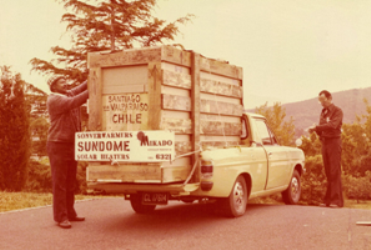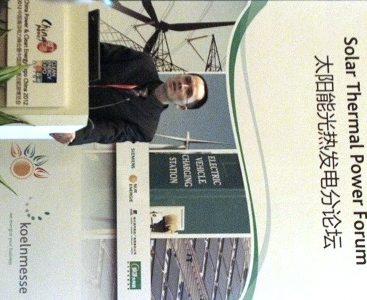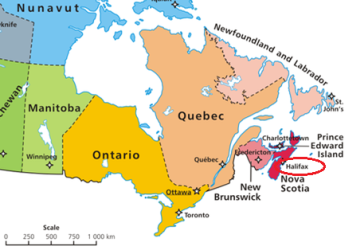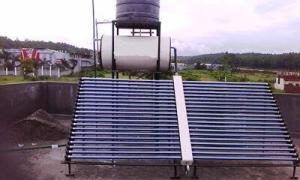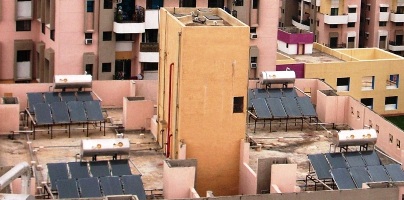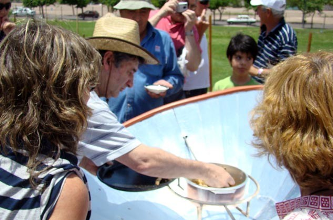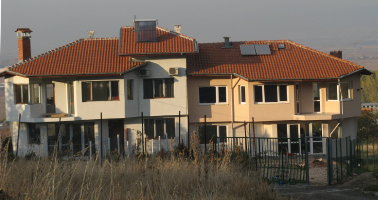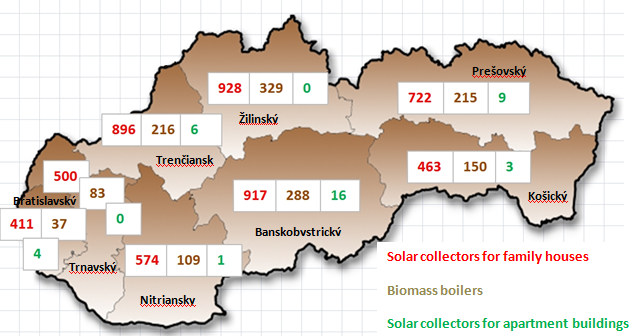After 42 years in the business, South African solar thermal pioneer Solardome SA had to shut down its manufacturing operations at the end of last year. The name Solardome - […]Read More
“The solar mandatory laws in provinces and cities in China constitute a very good policy. Only the implementation methods seem rather inappropriate in some cases,” Joseph Huang summarised the results […]Read More
The Canadian city of Halifax is on its way to become the first Solar City in Nova Scotia. The capital of Nova Scotia province is also the major economic centre […]Read More
The Uttarakhand Electricity Regulatory Commission (UERC) has increased the rebate for residential Solar Water Heaters (SWHs) in the northern Indian state of Uttarakhand to INR 100/month and 100 litres of […]Read More
On the state level, Bulgaria is lagging behind in making use of the funds provided by the EU. Only Romania ranks worse in the comparison of EU member states. But […]Read More
The Indian state of Rajasthan has strongly supported the market for solar thermal technology. Since 2004, the state in the northwest of India has had a comprehensive mandatory law for […]Read More
An organisation to support solar energy in Argentina is the Solar City Network (Red de Ciudades Solares), which places the emphasis on solar water heating. Part of their work consists […]Read More
In May 2011, the Bulgarian government published its new Renewable Energy Act, with considerably less favourable conditions for investors in wind farm and photovoltaic projects. However, it removed some hurdles […]Read More
The Programme for an Increased Usage of Biomass and Solar Energy in Households in Slovakia, which was launched in April 2009, has now exceeded its budget. Although applications were accepted […]Read More
One organisation to promote solar water heaters in Argentina is the NGO Forum for Social Housing and Energy Efficiency (Foro de Vivienda Social y Eficiencia Energética, FOVISEE). The first 33 […]Read More
